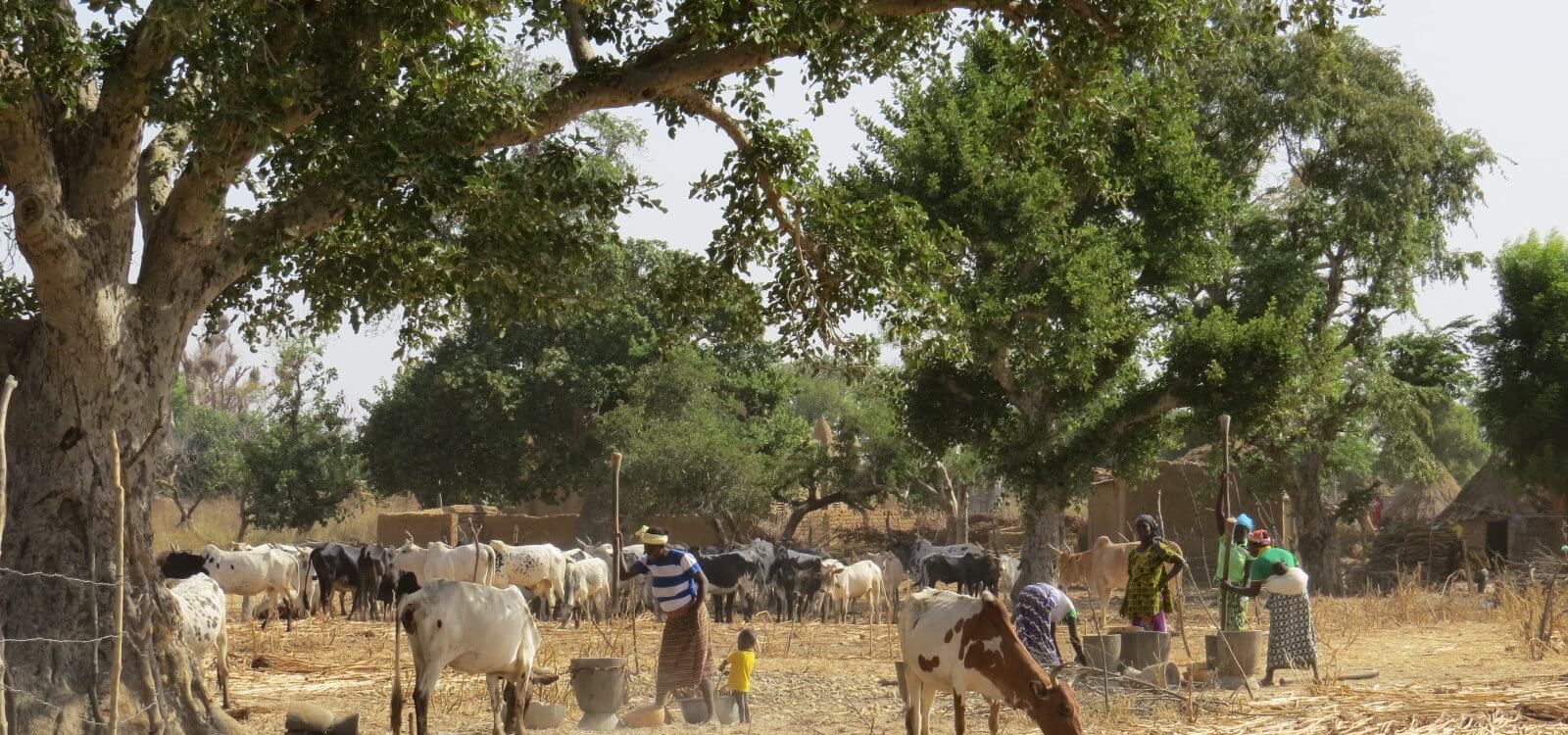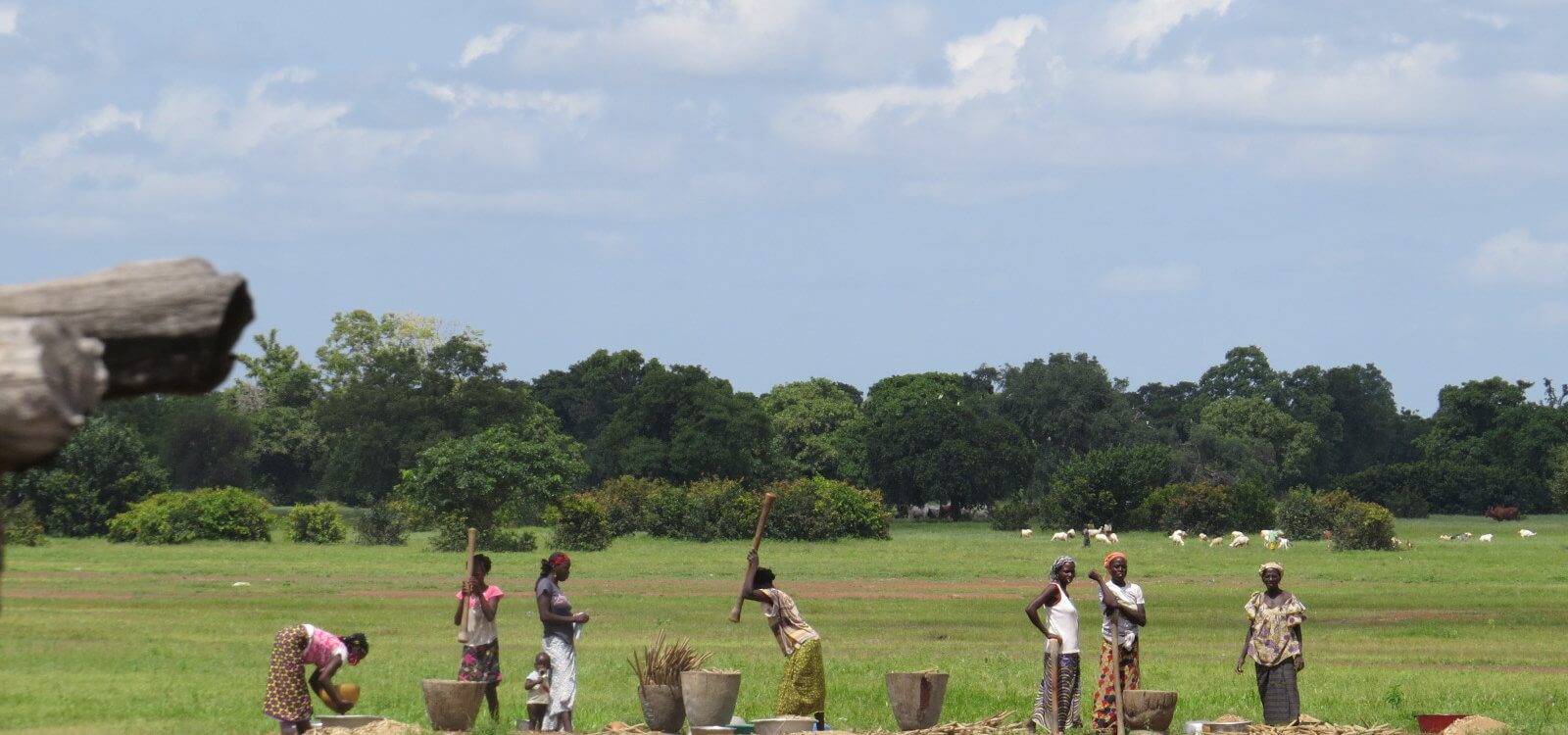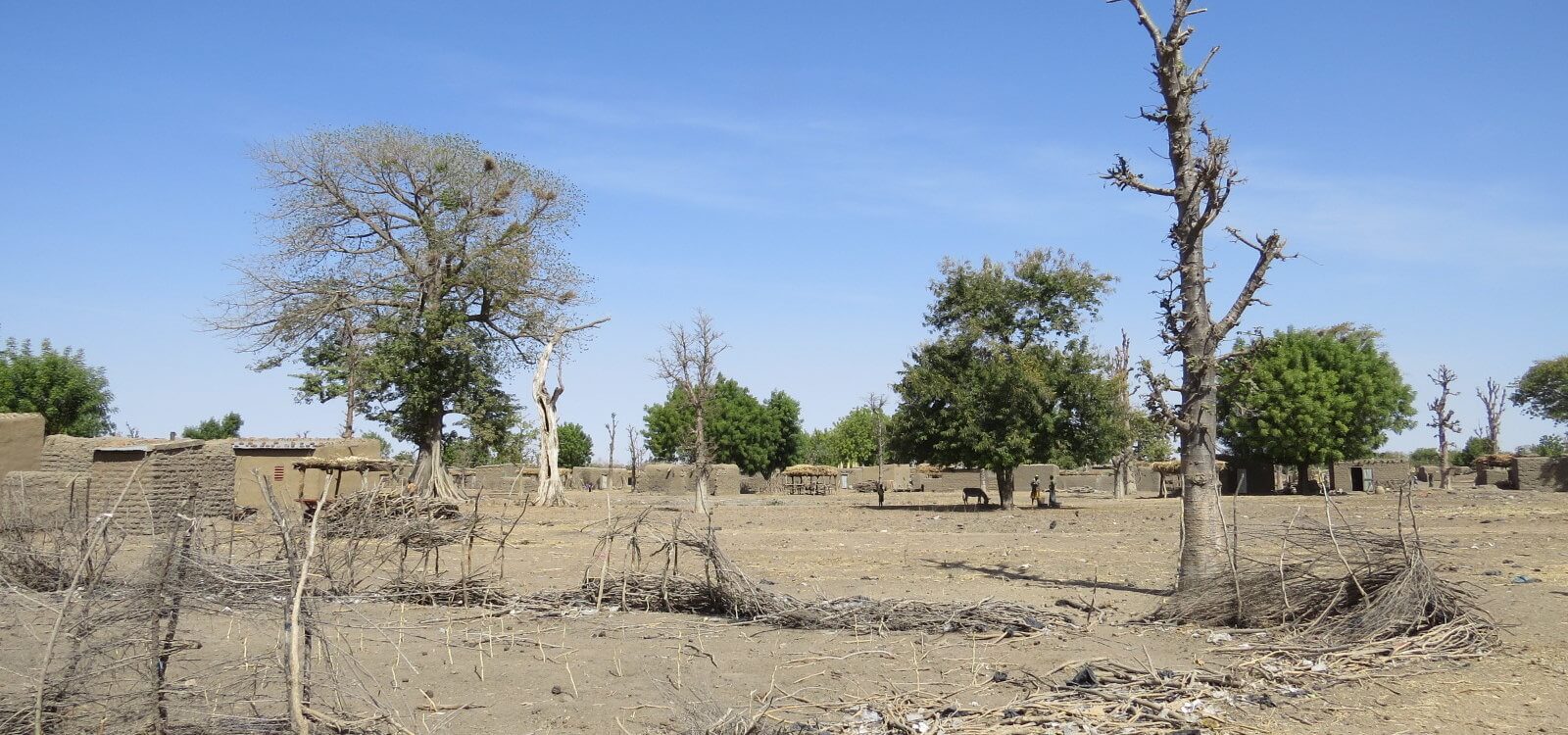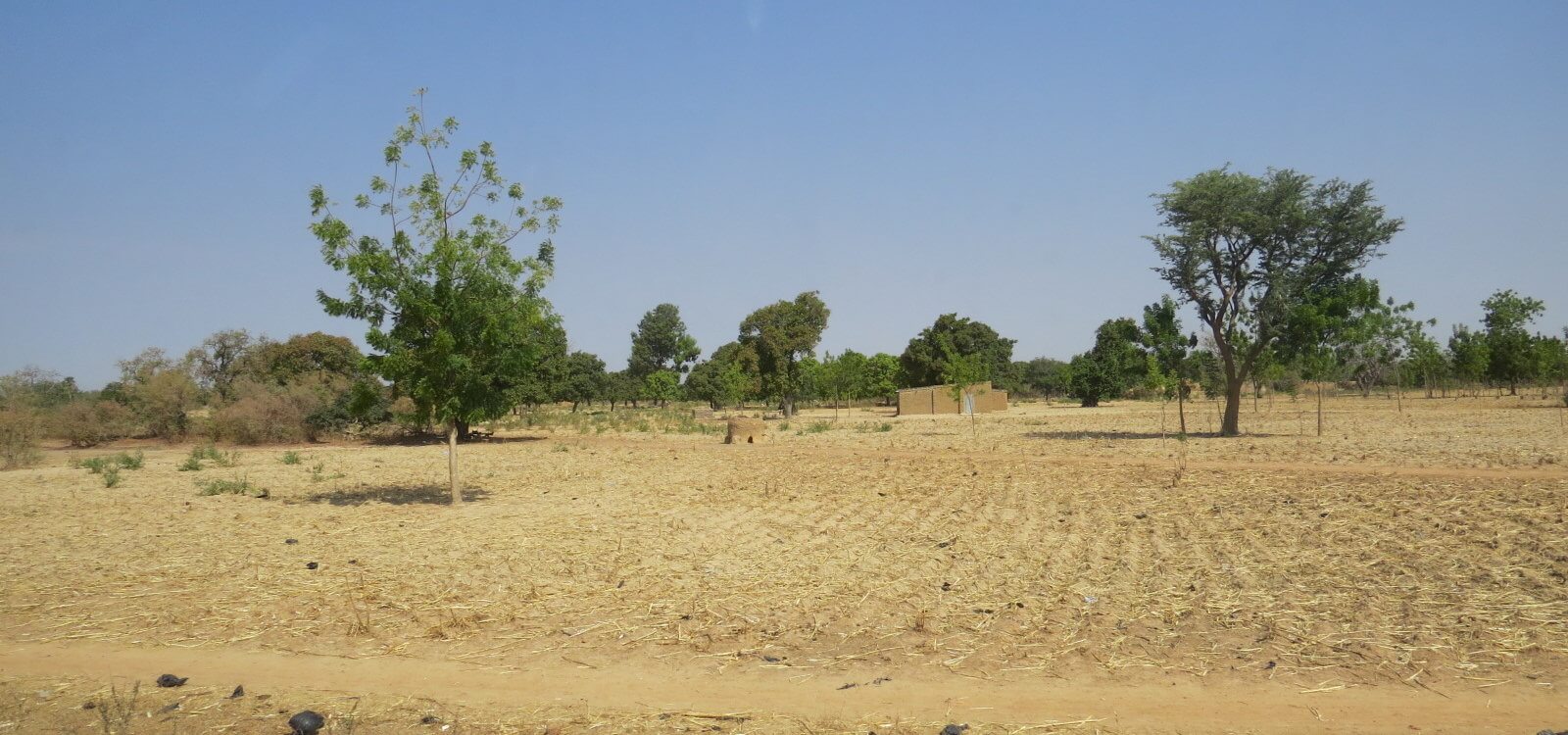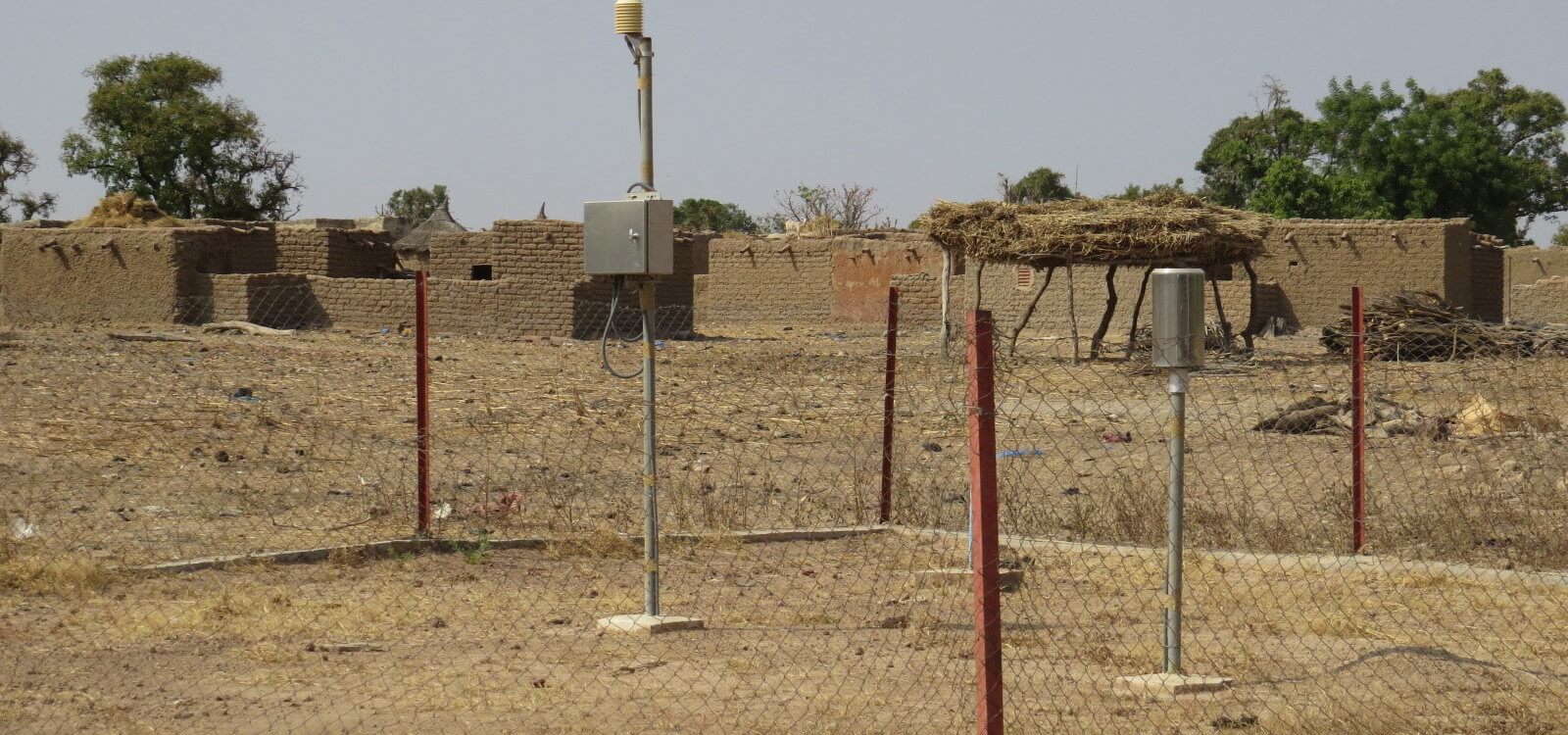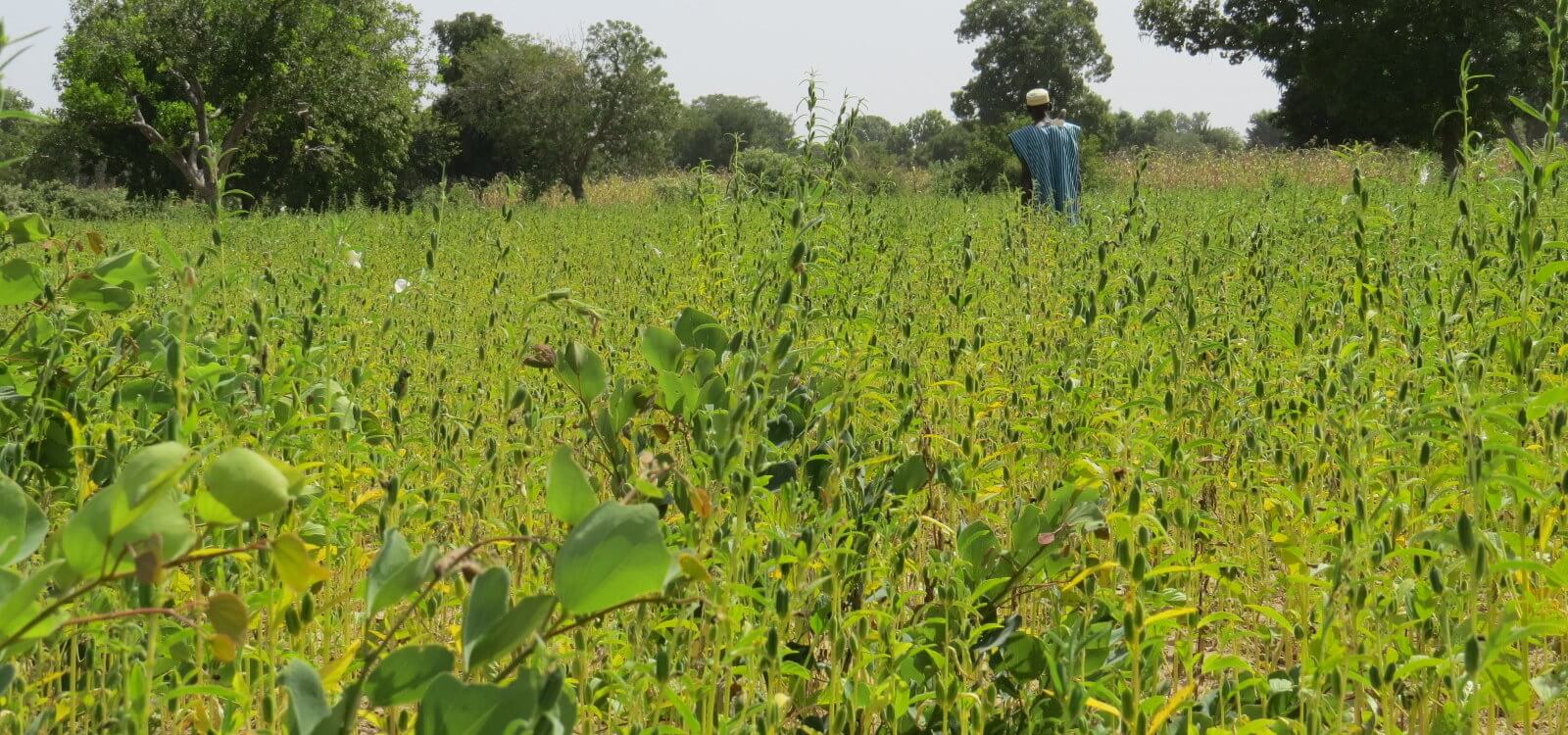Projects / CP1


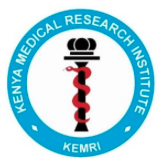
CP1: Development and analysis of population-health cohorts in Burkina Faso and Kenya
Phase 1
Climate change is becoming a major driver of ill health worldwide but in particular in sub-Saharan Africa. Few empirical studies, however, have focused on the impact of climate change or adaptation practices and interventions in resource-poor communities of sub-Saharan Africa. One major reason for the scarcity of evidence is that the research infrastructures that support health research in sub-Saharan Africa communities – in particular HDSS – are not equipped to investigate many of the most pressing research questions in climate change and health.
Through this project, we aim to contribute the methodological insights how to build a successful HDSS where climate change and health research can be as easily and productively carried out as other types of empirical population-based research. Our first methodological approach thus comprises of a mixed-methods case study integrating three data sources (‘technological diaries’, in-depth interviews, and routine HDSS performance data) on the processes and experiences of implementing novel measures and building new HDSS infrastructures for climate change and health research.
Furthermore, through focused methods studies, we aim to establish the acceptability, reliability and durability of the next-generation of measurement instruments for climate change and health research – home-based and human-based sensors measuring temperature, humidity, body temperature, heart rate, activity and sweat. We will study the performance of these sensors with regards to (i) acceptability and desirability, (ii) reliability, and (iii) long-term performance and durability. In addition, to these methods studies, this project will provide critical inputs to all of the other projects that are part of this research unit application.
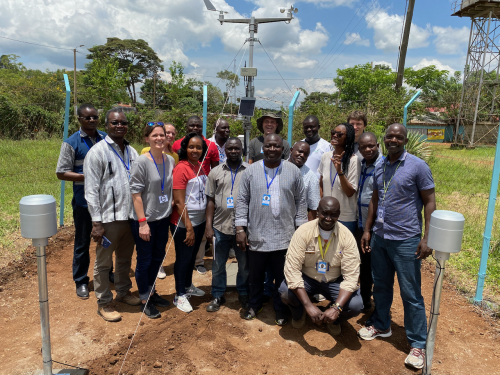

Lead Scientist and Co-PI:
Dr. Sandra Barteit
Heidelberg Institute of Global Health (HIGH)
Universitätsklinikum Heidelberg
Heidelberg, Germany
Email: barteit@uni-heidelberg.de

Principal Investigator (PI):
Prof. Dr. Dr. Till Bärnighausen (HIGH)
Heidelberg Institute of Global Health
Universitätsklinikum Heidelberg
Heidelberg, Germany
E-mail: till.baernighausen@uni-heidelberg.de

Co-PI:
Dr. Ali Sié
Centre de Recherche en Santé de Nouna (CRSN)
Nouna, Burkina Faso
E-mail: sieali@yahoo.fr

Co-PI:
Dr. Stephen Munga
Kenya Medical Research Institute (KEMRI)
Centers for Disease Control (CDC) Research & Public Health Collaboration
Kisumu, Kenya
E-mail: munga_os@yahoo.com
David Obor, leading scientist, KEMRI, Kenya
Valentin Boudo, leading scientist, Nouna, Burkina Faso
Sophie Huhn, PhD candidate for Nouna, Burkina Faso

